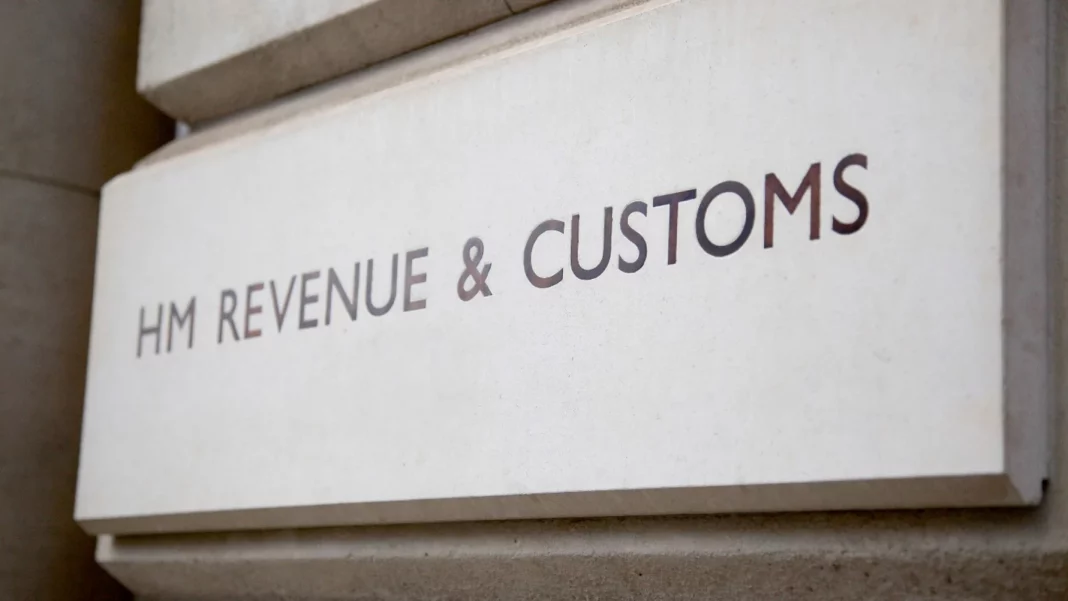Employees eligible to claim a tax refund on work-related expenses are being urged to do it directly through HM Revenue and Customs to guarantee receiving 100% of their claim.
Whether working in hospitality or retail, taking on a seasonal second job as a delivery driver, or even becoming Santa’s elf for the month, the most straightforward way to claim – and keep – all of a tax refund is through HMRC’s online service. A claim takes just 15 minutes.
Employees can use the online service to check eligibility and get a full list of work expenses they could claim a tax refund for, including:
- cleaning, replacing or repairing a uniform or work clothing
- using their own vehicle for work including business mileage
- professional subscriptions they’ve paid for, that are needed to do their job
Suzanne Newton, HMRC’s Interim Director General for Transformation, said: “Christmas can be an expensive time of the year and for many, it could be a good opportunity to claim a tax refund on work expenses to boost finances. Latest figures show the average claim is £125 a year. But the only way to guarantee receiving 100% of your eligible refund is by claiming direct through HMRC. Just search ‘tax relief for expenses’ on GOV.UK to find out more.”
Once customers have signed into the HMRC service, they just need to follow the simple step-by-step guidance to submit their claim. Those who need to set up an account can do so quickly and easily via GOV.UK.
Customers considering using an agent to make their repayment claims are likely to be charged a fee – in some cases up to 50% of the value of the claim. If the claim is then found to be ineligible, customers are liable to pay back the full amount of the refund, not the amount they finally received, so could end up out of pocket.
While going through an agent may seem like a simpler option at first, customers will need to supply the agent with the same information they would use to make the claim themselves using HMRC’s free online service.
Anyone who does, nevertheless, choose to use an agent to make a claim on their behalf should also check the small print before signing a contract – including researching the company so they understand what commission is being charged and how much of their tax refund they are likely to receive back.



